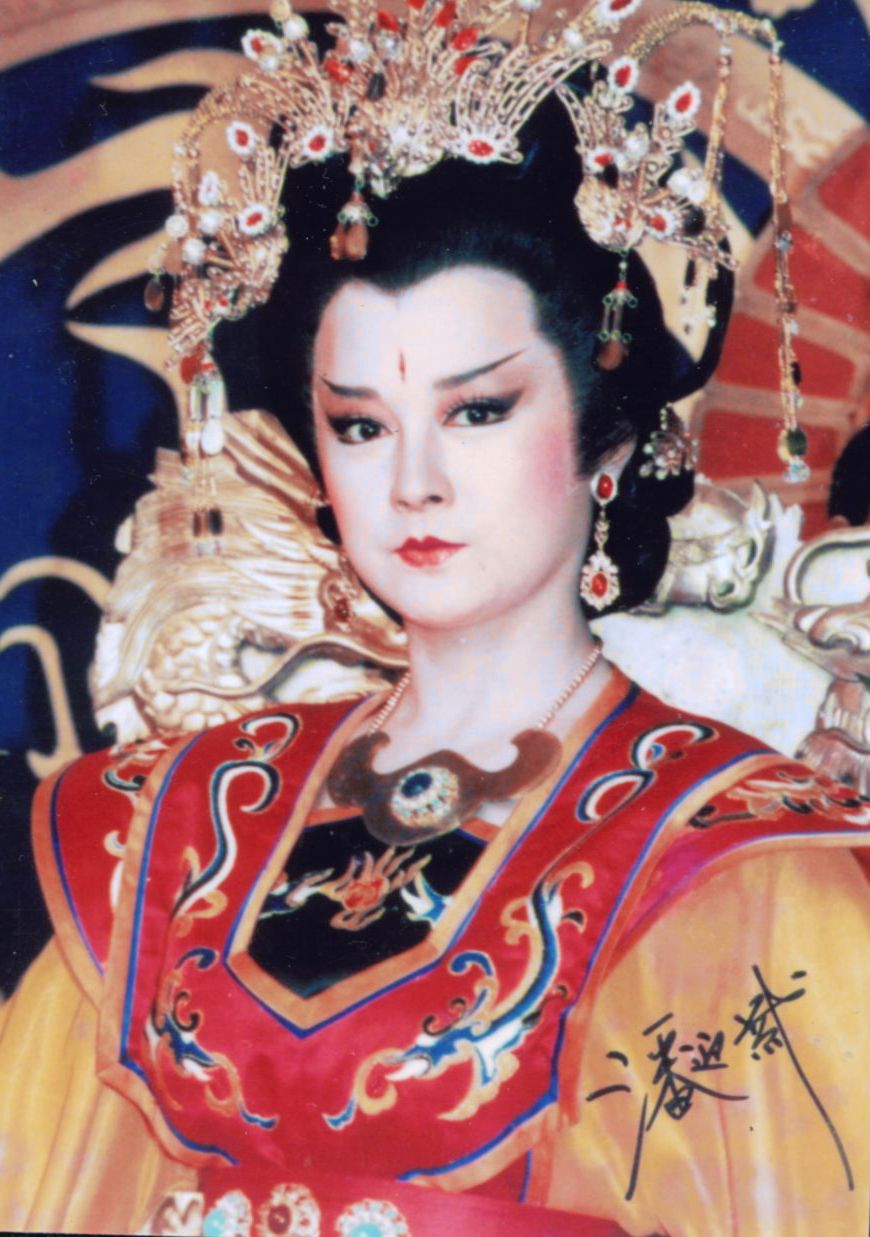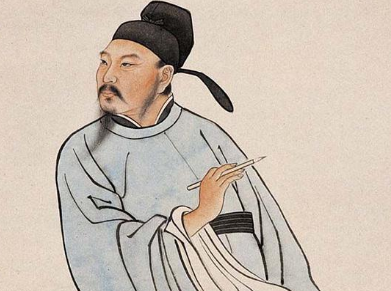How did Xuanzang pass away after returning to China from India to retrieve Buddhist scriptures? Below, the History Encyclopedia editor will bring you a detailed article introduction.
Journey to the West “is one of the four well-known ancient Chinese classics, and its important character Tang Monk is well-known to women and children. His historical prototype is the famous Tang Dynasty monk Xuanzang.
In Journey to the West, it is said that after Tang Monk successfully obtained the scriptures, he became a Buddha and went to the Western Pure Land. So, what was the final outcome of the true Xuanzang master?
Xuanzang’s common name was Chen Yi, born into a noble family. My ancestors once served as prefects, and my father Chen Hui once served as a county official. In 602 AD, Xuanzang was born in Goushi County, Luoyang, Henan Province.
Xuanzang in his childhood was intelligent and quick witted. After his father’s death, 11 year old Xuanzang became a monk at the Jingtu Temple in Luoyang with his second brother Chen Su, studying Buddhist scriptures for six years. In 618 AD, in order to avoid war, Xuanzang and his brother set off from Chang’an and traveled to Sichuan, Hunan, Hubei and other places, visiting high monks and seeking Buddhist teachings. Their footprints covered most of China.
In 627 AD, when Xuanzang returned to Chang’an again, he deeply felt the complexity and ambiguity of the Buddhist scriptures at that time. Therefore, he had the idea of going to India, the birthplace of Buddhism, to seek the true scriptures.
In the autumn of 628 AD, Xuanzang embarked on a journey west alone to seek Buddhist scriptures. He traveled westward along the long Hexi Corridor, crossing the vast Gobi Desert that was rarely visited by humans, trekking alone through the vast and desolate Western Regions, trekking through the scorching desert with no birds or beasts, crossing the steep and towering Karakoram Mountains and the snowy Pamir Plateau, trekking for more than 13000 miles, passing through dozens of countries, and finally arriving at his ideal Buddhist holy land, India.
In India, Xuanzang studied Buddhism with great hunger and thirst, visited all the enlightened monks in India, and became one of the top ten monks in Nalanda Temple, winning universal respect from the Buddhist community in India.
17 years later, in January 645 AD, Xuanzang returned to Chang’an and received a grand reception from Emperor Taizong of Tang. Afterwards, Xuanzang began his 19 year journey of translating scriptures and lecturing at places such as Ci’en Temple in Chang’an and Yuhua Temple in Tongchuan. A total of 47 sutras and 1335 difficult Buddhist scriptures were translated before and after, leaving valuable Buddhist culture and spiritual wealth for our country, which was praised by Mr. Lu Xun as the “backbone of the Chinese nation”.
So, how did such a great figure in ancient Chinese history pass away?
In the biography of Master Sanzang of Da’en Ci Temple, there is a detailed record of Xuanzang’s words and deeds before his death.
In 664 AD, at the age of 62, Xuanzang continued to translate Buddhist scriptures day and night at Yuhua Temple. One day, Xuanzang summoned his disciples and said, “Xuanzang is sixty and twenty years old this year, and he must be ordered to die here at Galan. The scripture department is very large, and every fear will not end. Everyone should work hard and be diligent, and not give up hard work
That is to say, at this time Xuanzang seemed to have a premonition that his life was not long. Especially after translating the Mahaparinirvana Sutra, Xuanzang felt increasingly exhausted and encouraged his disciples to work hard.
Not long after, Xuanzang explained his posthumous affairs to his disciples: “If there is no change, you should send me to frugality. You can quickly remove the package and send me away, and still choose to settle in a secluded mountain stream, not near the palace or temple. If I am impure, I should keep my distance
On the third day of the first lunar month of that year, Xuanzang forcefully supported his weak body and began translating the “Da Bao Ji Jing”. But it was only the beginning, and he stopped his lifelong passion for translation work. He said to his disciples with regret, “Xuanzang measured his strength and could no longer do this. His death has come, and he is not far away
On the eighth day of the first lunar month, one of Xuanzang’s disciples dreamed in the middle of the night that a pagoda in Yuhua Temple had collapsed. After waking him up, he hurriedly ran to Xuanzang’s meditation house and asked about the prophecy of Xuanzang’s dream. Xuanzang said to him, “It’s not your business. This is my expedition to eliminate gratitude
One day later, Xuanzang accidentally fell down and injured his ankle. He fell ill and couldn’t get up from then on. His mind was sometimes clear and sometimes unconscious, often muttering, “There is a white lotus flower in front of me, bigger than a plate, fresh and lovely
When awake, he would tell his disciples about what he had seen in his coma, saying that he had seen numerous monks coming to greet him in magnificent carriages, carrying various exquisite foods, and holding bright golden flags.
On the 24th of the first lunar month, Xuanzang’s condition suddenly showed significant improvement. He gathered all his disciples in the Buddhist temple and left behind the last clear thought: “Xuanzang’s poisonous body is deeply detestable, and after completing his work, he is not suitable to stay for long. When the Buddha is born, he also wishes to do Buddhist works with him extensively, even to the point of supreme bodhisattva
Afterwards, Xuanzang almost stopped speaking until the middle of the fourth night of the second lunar month in 664 AD. He “supported his head with his right hand, then rested on his left thigh with his left hand, relaxed his feet and rested on his right flank, exhausted until the end of his life without turning back”, maintaining a standard reclining Buddha posture and never moving a single inch again.
At midnight on the fifth day of the second lunar month, Xuanzang’s disciple asked, “Has Master decided to give birth to the disciples of Maitreya
The meaning of this sentence is to ask whether Xuanzang has decided to be born next to Maitreya.
Xuanzang replied, “To be alive
After leaving these last two words, Xuanzang passed away.
After learning the news, Emperor Tang Gaozong said with deep sorrow, “I have lost my national treasure
Later, an edict was issued to suspend the court for several days, ordering the Ministry of Revenue to allocate all the expenses for Xuanzang’s funeral and allowing monks from all temples in the capital to attend Xuanzang’s funeral.
Afterwards, Xuanzang was buried by the banks of the Gao River. More than a million people from both the government and the public come to the cemetery to pay their respects every day.
Until now, Xuanzang’s influence continues. Although most of the scriptures he translated have been lost, his perseverance and pursuit of truth, as well as his diligent and time sensitive attitude towards scholarship, have left valuable wealth to Chinese culture.



